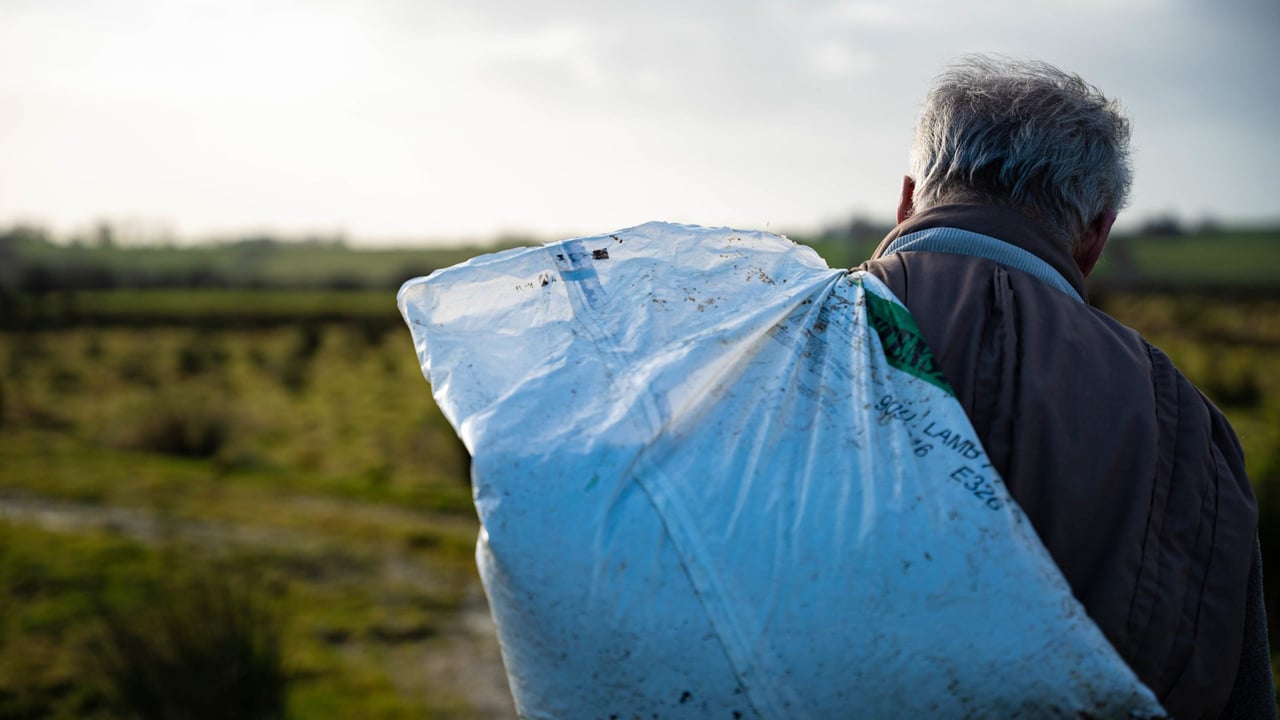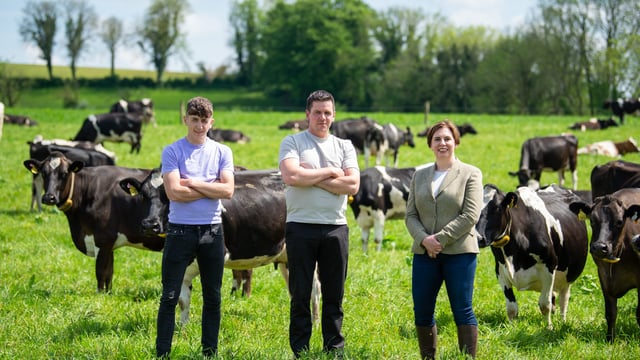Department called on to 'maximise' CAP simplification measures
While debate is ongoing on the future of the Common Agricultural Policy (CAP) post-2027, there are also calls for the Department of Agriculture, Food and the Marine to maximise the simplification of the current CAP.
Last week, the European Commission announced a package of measures to simplify the current CAP, with the stated aim of cutting down on bureaucracy for farmers and member states.
The Irish Farmers' Association (IFA) is calling on the department to take full availability of the flexibility on offer from the commission, and to "learn from the lessons of the past".
IFA president Francie Gorman said: "There are a series of proposals within this package...that we need to secure to reduce some of the hardship and complexity for farmers.
One of the areas where flexibility has been provided is in the area of the Good Agricultural and Environmental Conditions (GAECs), including GAEC 2, which is the conditionality standard related to protection of peatlands and wetlands.
The IFA had called for GAEC 2 to be removed from conditionality.
Gorman said: "We wanted an incentivised approach taken, with greater credit afforded to existing on-farm action, national and EU legislation, and agri-environment scheme requirements toward the protection of peatlands and wetlands."
He added: "With the simplification process, while the GAEC standard remains, opportunity [and] flexibility is now provided to members states to satisfy GAEC 2 requirements.
"This will be without the need for additional practices for farmers, and for an incentivised approach, by removing baseline requirements from eco-schemes [and] agri-environmental schemes, to compensate beneficiaries for any cost [or] lost productivity associated with its compliance.
"It is imperative that the department continue to push for GAEC 2 to be removed. In addition, they should swiftly introduce a dedicated...intervention to compensate farmers for the costs incurred and income foregone in relation to implementing some or all of the GAEC 2 requirements, and investigate if the same can be replicated for those on designated lands, given false promises of the past," the IFA president said.
Gorman noted that the measures announced by the commission last week represent the second "corrective package" from the commission on CAP in just over a year.
"This fact should serve as a lesson for the future and shape our discussions. Farmers need policies that are coherent, consistent, meaningful, and implementable, with greater farmer input throughout, but particularly in design stage.
"These principles must apply not only within the CAP but across wider and all EU policies that impact agriculture."
However, Gorman added: "Future CAP simplification efforts must not undermine the common nature of the CAP or open the door to uncontrolled renationalisation. That would mark the end of CAP as we know it."
Gorman's views on GAEC 2 are shared by Irish MEP Michael McNamara, who has called on the government here to "formally exclude" GAEC 2 from the baseline conditions of eco-schemes and agri-environment commitments.
"This change gives the government flexibility to exclude GAEC 2 and fairly compensate farmers managing wetlands and peatlands, who often face higher costs and income loss," McNamara said.
The independent TD added: "The commission allowing member states to remove the measure from the baseline will mean less regulatory pressure on farmers managing these lands, while making CAP payments more accessible."
"This change is a direct result of persistent pressure from farmers and their representatives across Europe. The Irish government must now respond quickly and adjust our CAP implementation to make use of this flexibility," McNamara said.





